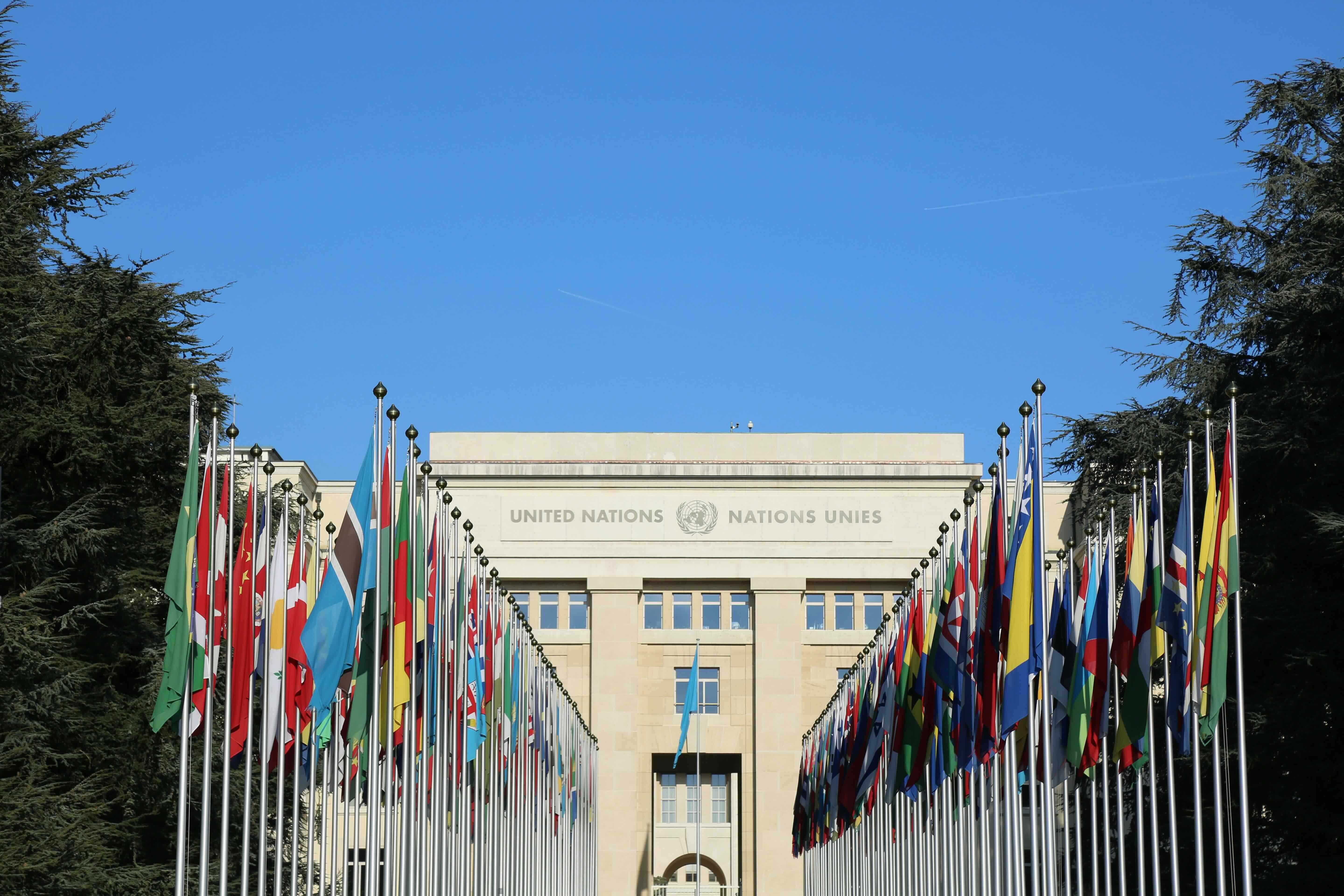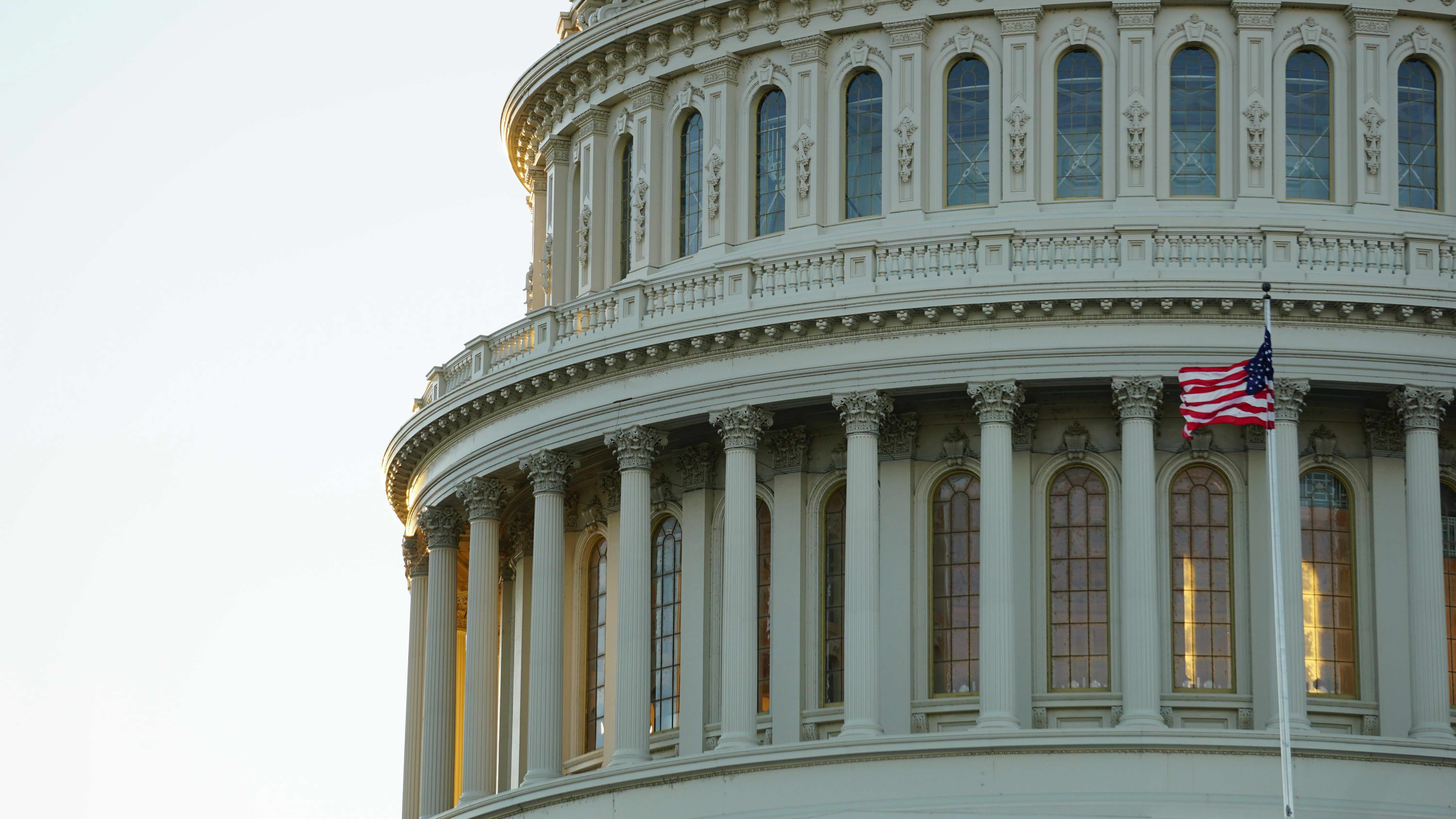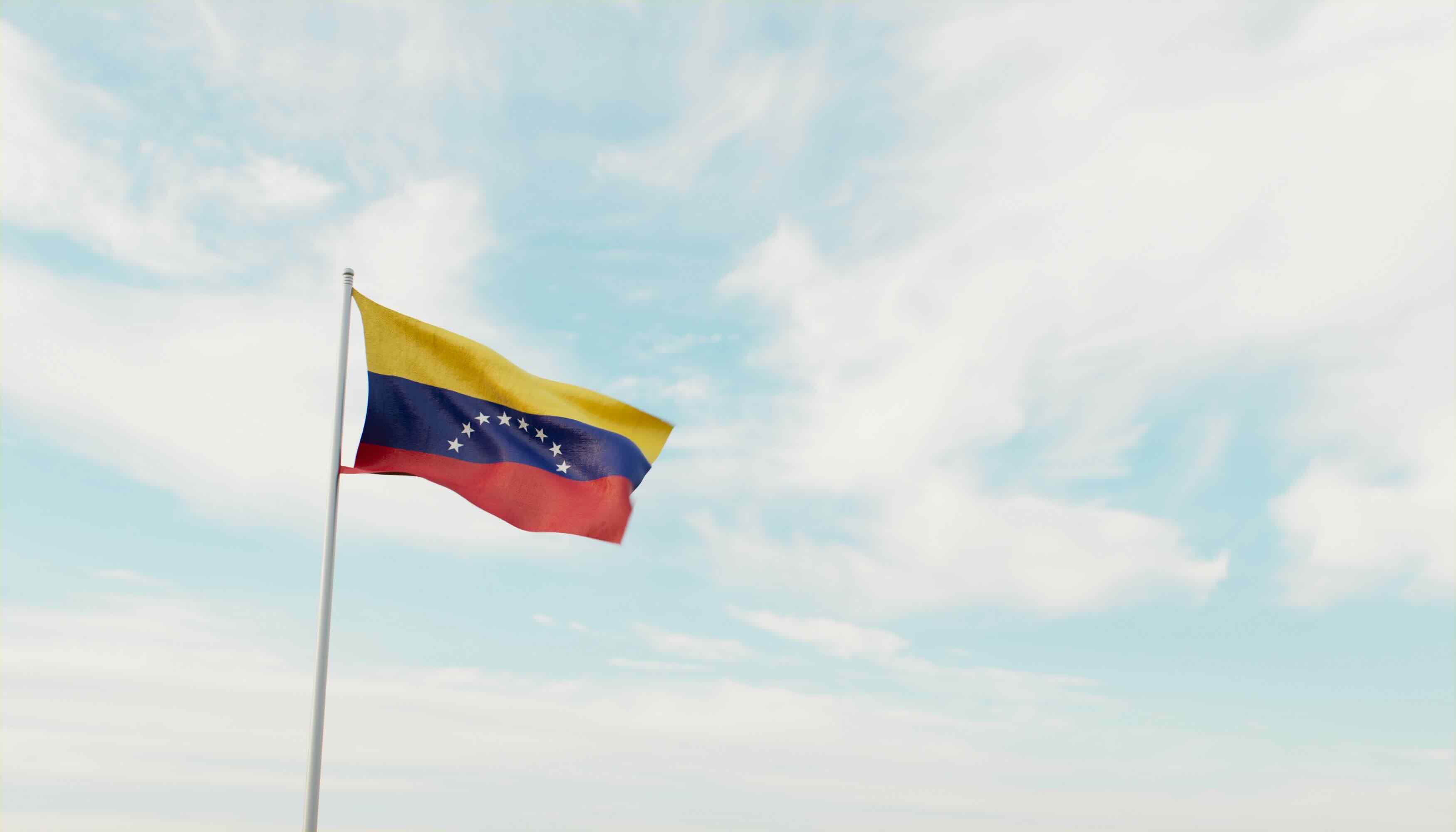Tornado Cash: Where Code, Privacy, and Sanctions Collide
National Security Expert William Jones Weighs in on Tornado Cash, Illicit Finance, Sanctions, and Financial Privacy

Overview
Tornado Cash is a privacy protocol for mixing transactions to protect user privacy. Users deposit fixed-denomination cryptocurrency into Tornado Cash deposit addresses and withdraw it using different withdrawal addresses, thereby scrambling the transaction path and concealing the source of funds. By using fixed denominations, which are then combined with deposits from other users, identities are better hidden than publicly viewable blockchain transactions.
Legal Landscape
In a criminal case charged by the US Department of Justice, prosecutors alleged that Tornado Cash was used to launder over $7 billion in illicit funds, including assets stolen by North Korea's Lazarus Group and proceeds from various cybercrimes. They characterized the protocol as a "giant laundering machine" that enabled criminals to obscure the origins of their crypto holdings.
Before the criminal charges were filed, in August 2022, the U.S. Department of the Treasury's Office of Foreign Assets Control (OFAC) sanctioned Tornado Cash, citing its use in laundering billions in illicit funds, including crypto stolen by the Lazarus Group.
Tornado Cash co-founder Alexey Pertsev was arrested in August 2022 on money laundering charges and was later sentenced to 64 months in prison (pending appeal).
Pertsev's colleague and co-founder, Roman Storm, was also charged and faced a maximum sentence of 45 years in prison. Storm's case was charged by the US Attorney's Office of the Southern District of New York. He was found guilty on one count of conspiracy to operate an unlicensed money transmitting business. However, the jury deadlocked on two other charges, conspiracy to commit money laundering and conspiracy to commit sanctions violations(August 2025).
Storm's defense argued that he merely helped publish open-source code and had no control over how the protocol was used after deployment. They contend that his actions are protected under the First Amendment and that he did not knowingly assist or profit from any illegal activity.
A central controversy in the trial was the role of OFAC's August 2022 sanctions against Tornado Cash. The judge blocked any mention of those sanctions (U.S. v. Storm), weakening the prosecution's ability to prove that Tornado Cash posed a national security threat. The new administration lifted the sanctions from Tornado Cash in March 2025.
Ongoing legal proceedings continue to raise constitutional and jurisdictional questions about regulating decentralized software and code as speech.
Data is in the Details
A distinct data shift is marked by the sanctioning of Tornado Cash in August 2022. We will analyze the licit and illicit activity before, during, and after sanctions were imposed.
At its height, Tornado Cash saw monthly inflows of $400-$550 million, with illicit funds accounting for 30-40% of that activity, peaking in June-July 2022 due to major cyberattacks such as the Ronin Bridge hack.

Following the August 2022 OFAC sanctions, Tornado Cash saw a dramatic collapse in activity, various blockchain analytics (firms such as Heights Labs) estimate inflows plummeting by roughly 85% of those in the pre-sanction period. While this drop in volume reflects the protocol's effective isolation from mainstream crypto infrastructure, the nuance lies in how illicit usage evolved during that time.
In absolute terms, illicit fund flows declined significantly, dropping by approximately 75% and mirroring the overall contraction.
However, because legitimate usage fell even more sharply, illicit activity grew as a proportion of total volume. What emerged was a smaller, more concentrated user base, where criminal actors represented a disproportionately larger share of activity than before. This shift underscores how sanctions altered not just the scale of Tornado Cash's use but also its risk profile, compressing total volume while making illicit behavior more prominent within it.
Are sanctions productive in decentralized ecosystems?
The data clearly demonstrates that sanctions have limitations when it comes to decentralized ecosystems. Overall, licit and illicit activity sharply dropped after sanctions were imposed, with bad actors making up a greater percentage of Tornado Cash usage than before. Conversely, when sanctions were lifted, privacy advocates returned in droves, spurring supporters to donate to Storm and Pertsev's legal funds.
Furthermore, Tornado Cash's native token, TORN, experienced a sharp resurgence after sanctions were lifted, nearly doubling in value within days. This price rally signaled a renewed wave of investor confidence and served as a tangible market response to the protocol's regulatory vindication. More than just speculation, the surge reflected broader industry sentiment that Tornado Cash's privacy use case remained both legitimate and in demand once some of the legal uncertainty had cleared. Tornado Cash supporters continue to argue, citing the Storm jury's deadlock, that privacy protocols are not inherently criminal.
The later reversal of sanctions may suggest legal overreach and reinforce the argument that traditional enforcement frameworks may not be well-suited to decentralized systems.
"Tornado Cash is a money laundering tool."
Tornado Cash is a neutral tool that enables privacy, not crime. Like the internet or Tor, its existence allows for both licit and illicit uses.
While criminals misused it (as they did with cash, email, and VPNs), data shows that most Tornado Cash users pre-sanctions were not engaged in illicit activity, and legitimate users returned rapidly after sanctions were lifted.
What are the legitimate uses for a privacy protocol?
Personal Financial Privacy
Individuals use privacy tools to protect sensitive financial information, such as salary payments, medical reimbursements, or personal purchases, from public view.
Example: A journalist uses a mixer to receive freelance payments without exposing their full financial history to the public.
Anonymous Charitable Giving
Donors often want to support controversial or sensitive causes without being publicly linked.
Example: Contributors send funds to civil liberties nonprofits or dissident groups under authoritarian regimes, without fear of retaliation.
Commercial & Competitive Privacy
Businesses protect their treasury movements, employee compensation, and partner transactions from competitors or market frontrunners.
Example: A DAO uses a privacy protocol to rebalance its portfolio without triggering frontrunning in DeFi markets.
Private Voting & Governance
Privacy ensures secure and anonymous participation in decentralized governance.
Example: DAO members vote anonymously on contentious proposals to avoid pressure or social conflict.
Citizens in oppressive regimes use privacy tools to transact safely and preserve personal liberty.
Example: An LGBTQ+ activist in a hostile country uses privacy protocols to receive financial support without outing themselves.
Final Reflection
The principle that privacy is not inherently suspicious aligns directly with core American values of individual liberty, constitutional protections, and free expression. The United States has long championed freedom of speech, association, and privacy within its borders and as a foundation of its global leadership. In that context, supporting privacy-preserving financial tools can reinforce America's identity in the digital age. These tools allow individuals to control their financial data, shield their activity from surveillance, and participate freely in economic life.
By endorsing systems that protect personal agency while still allowing targeted enforcement against abuse, the U.S. can uphold the spirit of the First and Fourth Amendments in an increasingly digital world.
More strategically, privacy-respecting crypto infrastructure represents an opportunity for American economic leadership. As trust in traditional financial systems erodes and authoritarian models gain influence, the U.S. can strengthen the dollar's role by supplementing it with crypto-native technologies: Bitcoin as a decentralized reserve, stablecoins as a programmable extension of the dollar, and other digital assets such as Ethereum can be used as infrastructure for global commerce. These tools, designed with democratic values at their core, allow the U.S. to export freedom, resilience, and innovation, projecting its ideals through technology, not just treaties. By embracing these systems, the United States can lead by example, demonstrating that financial innovation and civil liberty can and must coexist.



.svg)





